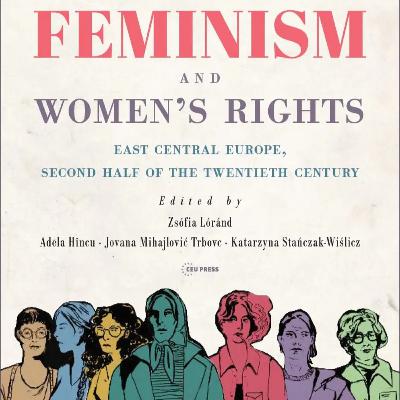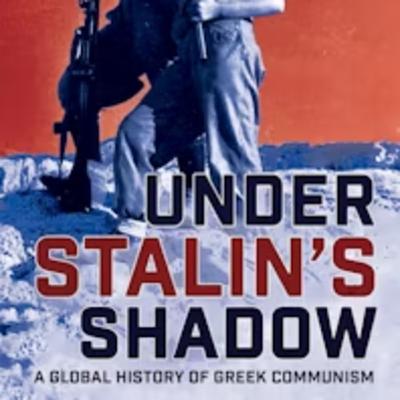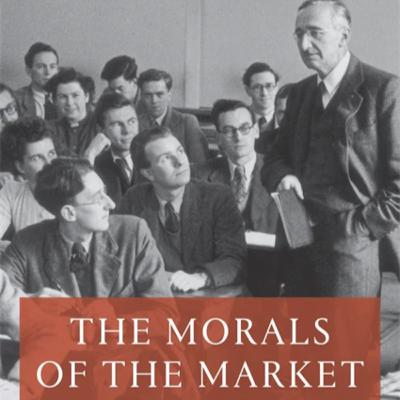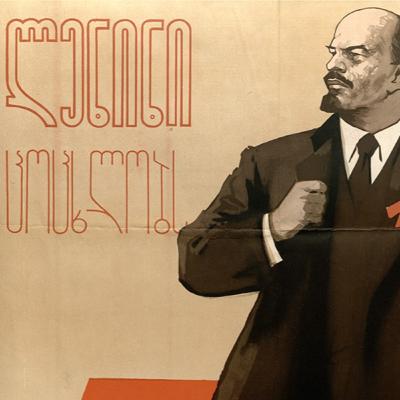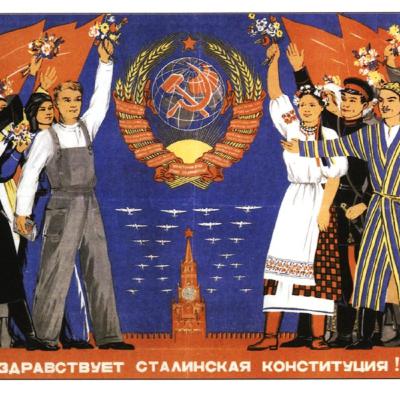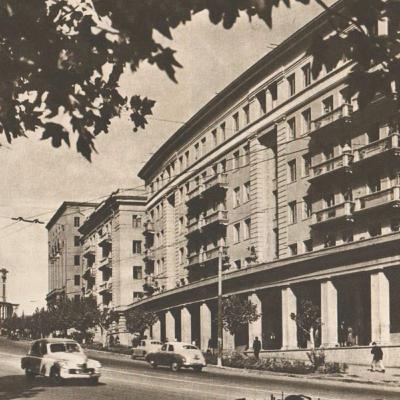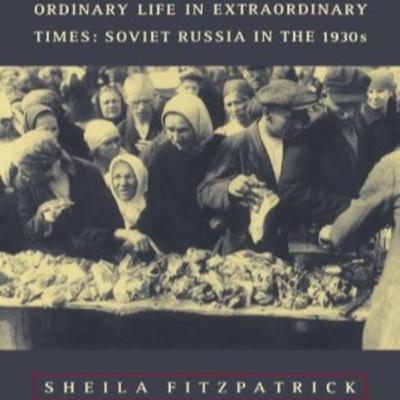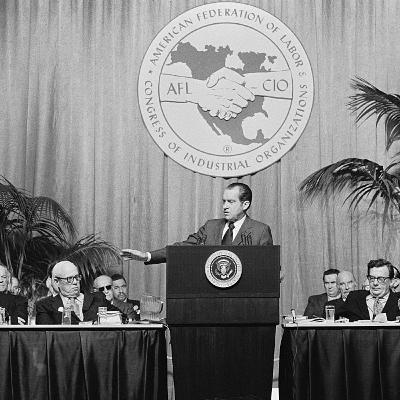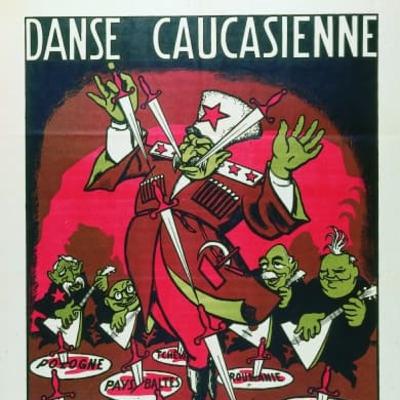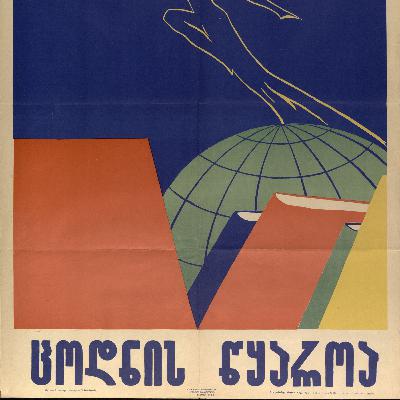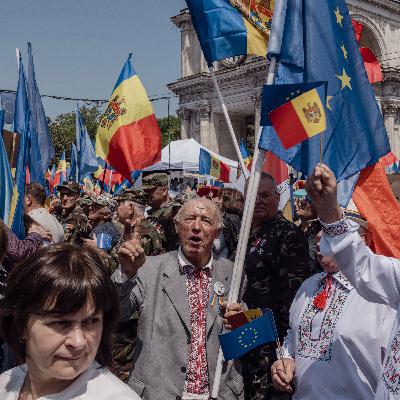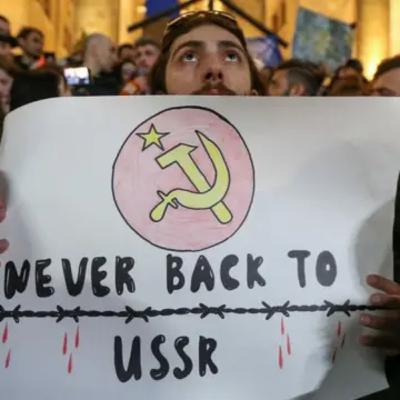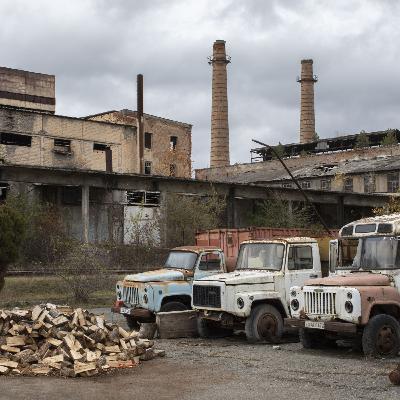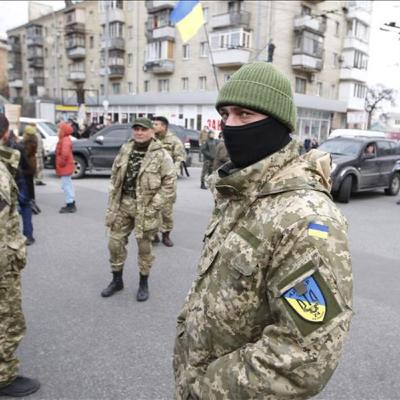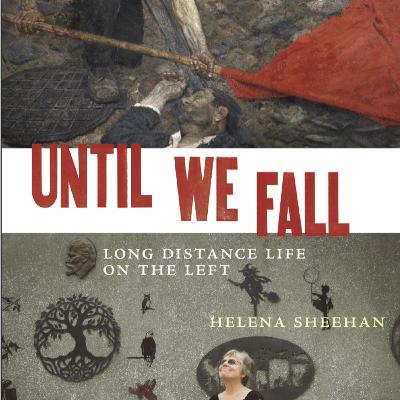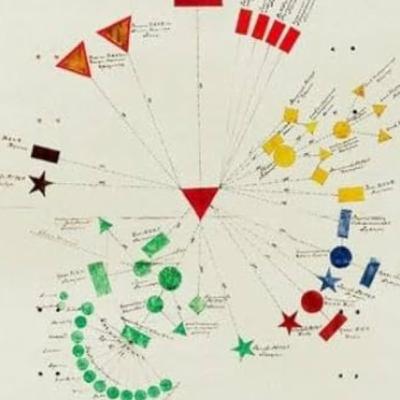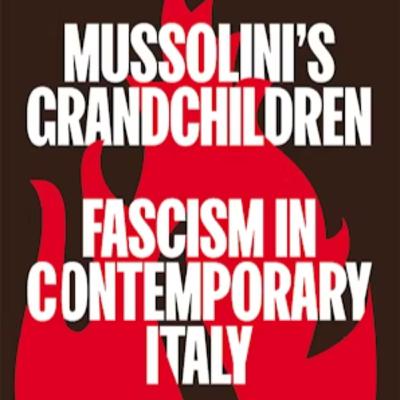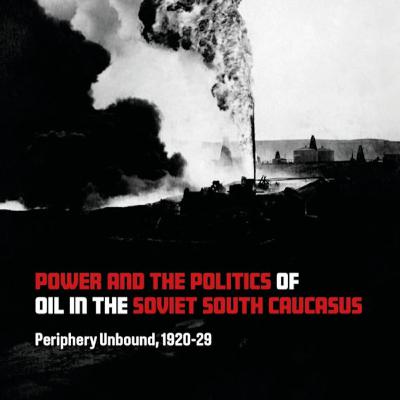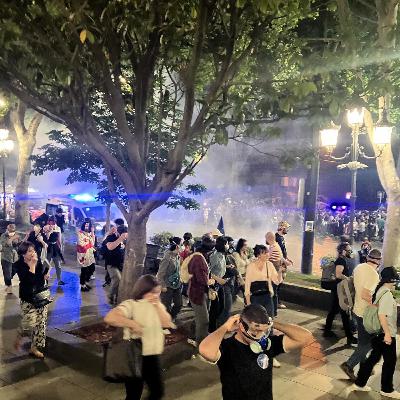Episode 58: Socialist Feminism in Post-WW2 East Central Europe with Adela Hîncu
Description
We sit down with Adela Hîncu, historian and editor of the volume Texts and Contexts from the History of Feminism and Women’s Rights East Central Europe, Second Half of the Twentieth Century (2024) to discuss feminist thought in post World War 2 socialist East Central Europe.
Book description:
A compendium of one hundred sources, preceded by a short author’s bio and an introduction, this volume offers an English language selection of the most representative texts on feminism and women’s rights from East Central Europe between the end of the Second World War and the early 1990s. While communist era is the primary focus, the interwar years and the post-1989 transition period also receive attention. All texts are new translations from the original.
The book is organised around themes instead of countries; the similarities and differences between nations are nevertheless pointed out. The editors consider women not only in their local context, but also in conjunction with other systems of thought—including shared agendas with socialism, liberalism, nationalism, and even eugenics.
The choice of texts seeks to demonstrate how feminism as political thought was shaped and organised in the region. They vary in type and format from political treatises, philosophy to literary works, even films and the visual arts, with the necessary inclusion of the personal and the private. Women’s political rights, right to education, their role in nation-building, women, and war (and especially women and peace) are part of the anthology, alongside the gendered division of labour, violence against women, the body, and reproduction.
https://www.aup.nl/en/book/9789633864548/texts-and-contexts-from-the-history-of-feminism-and-womens-rights
open access pdf: https://library.oapen.org/bitstream/handle/20.500.12657/98220/9789633864548.pdf
Adela Hîncu is an intellectual historian who focuses on the history of social sciences, Marxist social theory, and women’s political thought in Romania and East Central Europe after the Second World War. Currently a Marie Curie fellow at the Institute of Contemporary History in Ljubljana, she researches the transnational history of social expertize from Eastern Europe from the 1970s to the early 2000s.

